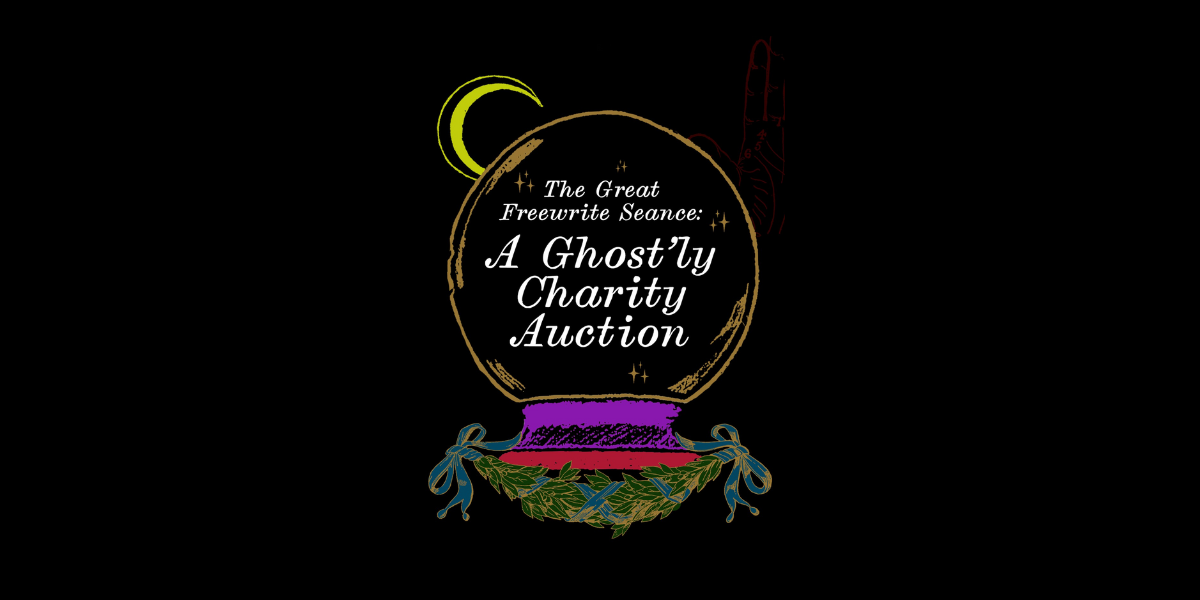Esta es una publicación invitada de Rebecca A. Demarest. Rebecca es una galardonada diseñadora de libros, autora e ilustradora técnica que vive en Seattle, Washington, con su esposo, un amante de la comida, y una gata temperamental llamada Cat. Su novela, " Less Than Charming ", está disponible para preordenar hasta el 15 de marzo en Indiegogo y se lanzará a través de Parkhurst Brothers Publishing, Inc. el 1 de mayo de 2016. Para más información sobre su obra, visite su sitio web .
Hace varios años, mientras nos preparábamos para ir a dormir, mi (ahora ex) novio se volvió hacia mí y me dijo: “Sabes, ya que sigues posponiendo tu novela, voy a tener que empezar a presentarte como editor en lugar de escritor”.
Instintivamente, lo corregí. «Ilustrador, no editor». Eso hacía todo el día: dibujaba diagramas para programas informáticos en una editorial tecnológica. Aunque corregí automáticamente su metedura de pata con el título, me dolió profundamente que ya no me considerara escritor. Pero sabía que tenía razón; esa parte de mi identidad parecía haber empezado a desvanecerse poco después de obtener mi maestría en Bellas Artes. Me había sumergido en varias rondas de edición de mi novela (antes tesis) y, después de todo el trabajo de edición, revisión y reescritura, finalmente envié las cartas de solicitud, pero la respuesta que esperaba nunca llegó.
Fue una buena experiencia, ya que varios agentes me dieron retroalimentación útil en lugar de rechazos formales, pero también fue deprimente, porque todos señalaron un fallo importante que ninguno de mis lectores anteriores había mencionado. Al parecer, aunque a todos les encantó la ambientación y la historia, simplemente no lograron conectar con mi personaje principal tal como se les presentó al principio del manuscrito, y yo no tenía ni idea de cómo solucionarlo.
Con el pretexto de intentar arreglar mi novela, dejé de escribir. Soy un escritor muy metódico y dedico mucho tiempo a planificar antes de empezar, así que me pareció lógico dar un paso atrás y analizar lo que tenía y lo que me faltaba. Archivé la novela y seguí adelante con el resto de mi vida mientras contemplaba los cambios.
Al principio, solo la novela en sí no se tocó. Luego, mi blog. Empecé el blog por dos razones: para obligarme a crear nueva ficción una vez por semana y para elogiar o despotricar sobre los libros que había estado leyendo para que mis amigos no tuvieran que oírme hablar de ellos una y otra vez. Pero entonces la vida y mi salud se interpusieron y tuve que correr de un lado a otro intentando terminar todo y diagnosticarlo antes, después y durante el trabajo, y mi escritura, motivada y sin plazos, se vio afectada. Dejé de escribir.
Entonces, después de pasar una noche con sus amigos, me dijo: "Sabes, si sigues posponiendo el trabajo en tu novela, voy a tener que empezar a presentarte como editor en lugar de escritor".
Me dolía porque cuestionaba mi identidad, pero más aún porque temía que tuviera razón. Sabía que necesitaba empezar la siguiente ronda de revisiones de la novela. Sabía que necesitaba crear ficción nueva y retomar el hábito de escribir a diario. Sabía que todo esto tenía que suceder si quería progresar y tener éxito, pero ni en mil años me había imaginado como algo más que un escritor. Incluso cuando no escribía activamente, seguía considerándome un escritor, no un ilustrador.
Ya era escritor a los cinco años y escribí mi primer cuento: "Cómo una mariposa obtuvo sus colores". Dejé de escribir durante exactamente cuatro meses en la universidad cuando quise ser psicólogo porque me fascinaba y pensé que podría ganarme bien la vida. Luego, un curso de escritura creativa que tomé me quitó el deseo de ganar dinero y reavivó mis ganas de escribir. Quizás algún día vuelva a la psicología y me adentre en un campo fascinante llamado Terapias Narrativas, pero, por hoy, lo único que quiero es plasmar mis palabras en la página y despertar asombro y emoción en los lectores.
Esto, entonces, decidí, es lo que significa ser un escritor exitoso: plasmar palabras en la página. No significa escribir 500 palabras en tu novela todos los días, sin excusas ni descansos. No, significa que cuando la historia te atrapa y exige tu atención, la escuchas y le das salida. A veces paso un par de meses sin crear ficción nueva, pero mientras tanto trabajo en materiales promocionales, materiales de consulta, solicitudes de envío, diseños gráficos para mis historias o busco nuevos lectores. Ser escritor implica mucho más que tu recuento diario de palabras, o incluso tu recuento mensual. Algunas (muy pocas) personas tienen la suerte de poder escribir a tiempo completo, pero son raras. La mayoría de nosotros debemos conformarnos con encontrar unas horas aquí y allá tomando un café mientras esperamos una reunión con el jefe en nuestros trabajos, o a altas horas de la noche durante NaNoWriMo, cuando sentimos que estamos conectados con todo el mundo escribiendo juntos.
Y puede dar sus frutos. Todos esos momentos y páginas robadas, todas esas veces que dejé la computadora y perdí la esperanza de poder sacar nuevas palabras de mi cabeza, trabajando con trabajos fijos, trabajos independientes y problemas de salud, hoy puedo pararme frente a ustedes y decir "Soy escritor" y creerlo profundamente. Porque elegí rechazar su definición de escritor y acepté la mía, he publicado dos libros, he publicado varios cuentos en revistas y antologías, incluyendo uno que se presentó en NPR, y este verano publicaré una novela con una editorial tradicional; todo porque no dejé que nadie me definiera. Elegí creer que era escritora sin importar lo que pasara en mi vida, y eso lo hizo todo posible.





























